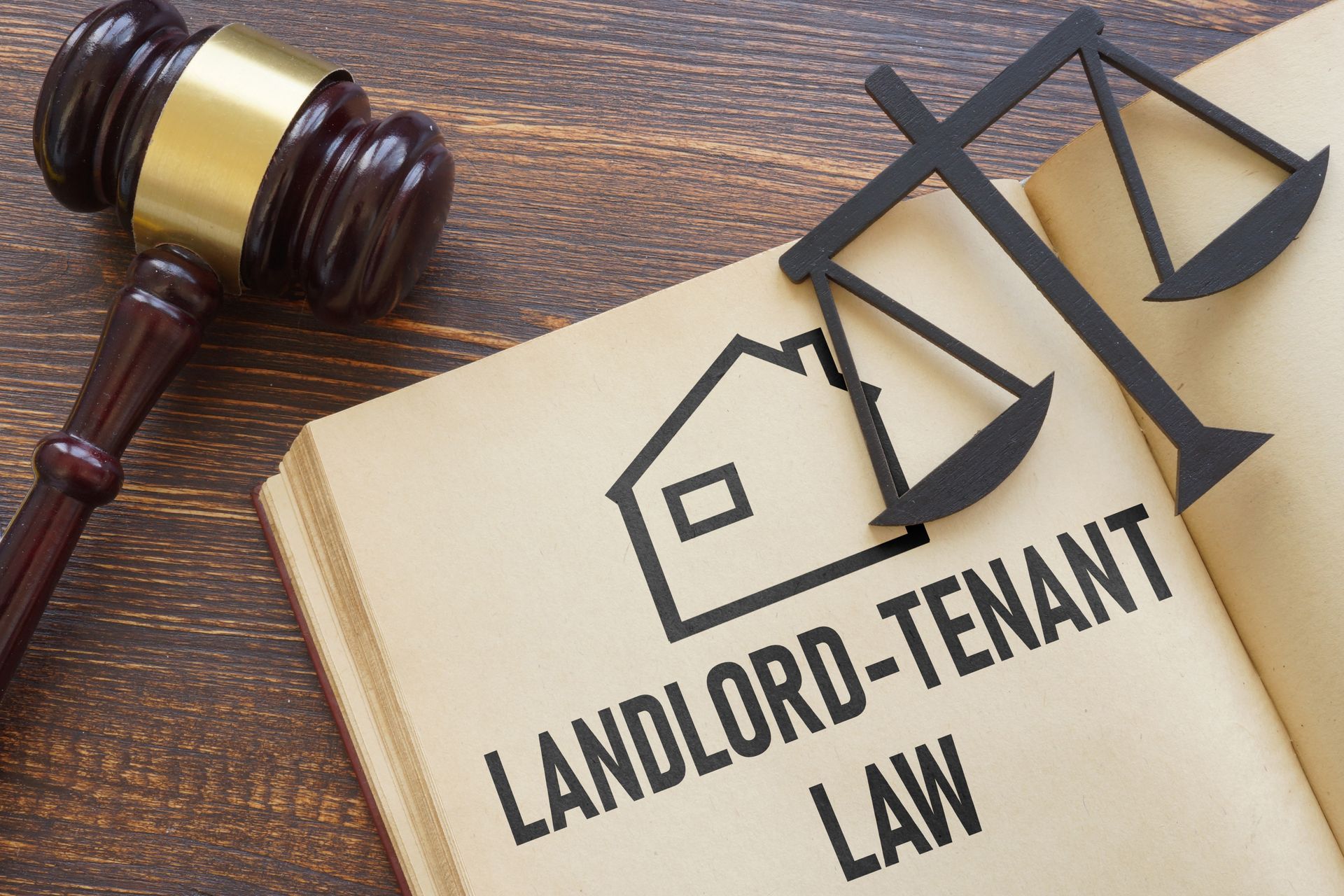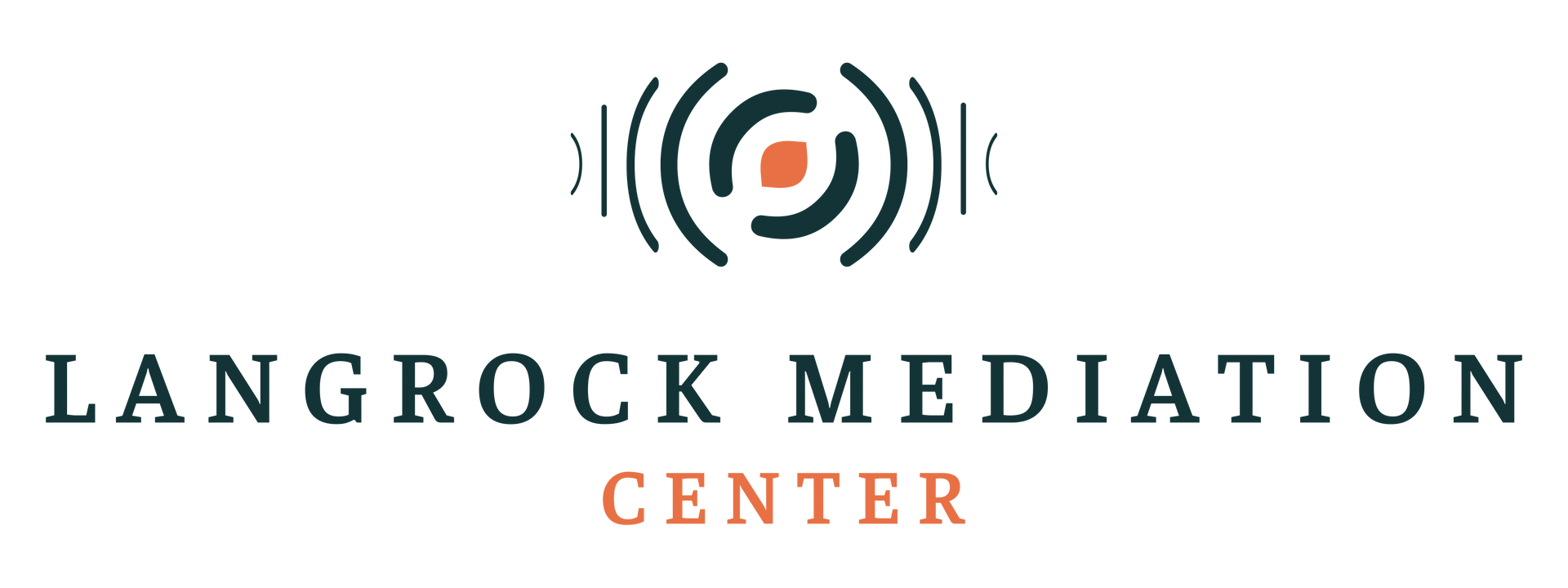What to Expect From a Mediation Session
Mediation is an increasingly popular way to resolve disputes outside the courtroom. It is a collaborative process designed to help parties find mutually acceptable solutions with the guidance of a neutral third party, the mediator. For many, the idea of mediation can feel unfamiliar or even intimidating. What happens during a mediation session? What role do the participants play? And how should you prepare?
At Langrock Mediation, we believe that understanding the process can empower you to make the most of your mediation experience. Here’s what you can expect from a mediation session.
The Role of the Mediator
The mediator is a neutral facilitator who guides the discussion, helping the parties identify their goals, clarify their concerns, and explore potential solutions. Unlike a judge or arbitrator, the mediator does not impose decisions or outcomes. Instead, their role is to create a safe and respectful environment where all parties can be heard and understood. A skilled mediator fosters communication and ensures that the focus remains on problem-solving, rather than dwelling on past grievances.
Preparation Before Mediation
Before the session, parties should prepare by identifying their priorities and gathering any relevant documentation. For example, if the mediation involves a property dispute, you may need deeds, appraisals, or other pertinent records. In family law matters, such as divorce or co-parenting arrangements, financial statements or parenting schedules might be essential.
It is equally important to reflect on your goals and interests. What outcomes are most important to you? Are there areas where you’re willing to compromise? Discussing these questions with a trusted advisor ahead of time can help you approach the session with clarity and focus.
The Mediation Process
While every mediation session is unique, most follow a general structure:
- Opening Statements — The mediator begins the session by explaining the ground rules and objectives. This is an opportunity to set a cooperative tone and establish expectations for respectful communication.
- Each Party’s Perspective — Each participant is given the chance to share their perspective on the issue at hand. This allows everyone to understand the concerns and priorities of the other parties involved.
- Identifying Issues — Together with the mediator, the parties identify the key issues that need to be resolved. This step ensures that everyone is working toward a clear and shared understanding of the matters in dispute.
- Exploring Solutions — The mediator helps the parties brainstorm potential solutions, encouraging creativity and collaboration. This phase often involves private caucuses, where the mediator meets separately with each party to discuss their concerns and explore options confidentially.
- Negotiating Agreements — Once potential solutions have been identified, the parties work together to negotiate a mutually acceptable agreement. The mediator ensures that the discussions remain productive and focused.
- Documenting the Agreement — If the parties reach a resolution, the terms are documented in a written agreement. Depending on the nature of the dispute, this agreement may be legally binding or serve as a framework for future collaboration.
The Benefits of Mediation
Mediation offers several advantages over litigation, including:
- Cost-Effectiveness — Mediation is typically faster and less expensive than going to court.
- Flexibility — The process is tailored to the needs of the parties, allowing for creative and customized solutions.
- Confidentiality — Mediation is a private process, unlike court proceedings, which are often public.
- Preservation of Relationships — By promoting open communication and collaboration, mediation can help preserve relationships, which is particularly important in family or workplace disputes.
What to Bring to the Table
Effective mediation requires active participation and an open mind. Be prepared to:
- Listen Actively — Listening to the other party’s concerns can help you better understand their perspective and identify common ground.
- Communicate Clearly — Express your needs and priorities respectfully and succinctly.
- Stay Flexible — Be open to creative solutions and consider compromises that align with your overall goals.
- Trust the Process — Mediation may not resolve every issue immediately, but it often lays the groundwork for future cooperation and problem-solving.
What Happens If Mediation Fails?
Not every mediation results in a resolution, and that’s okay. If the parties are unable to reach an agreement, the mediator can help clarify unresolved issues and suggest next steps, such as further negotiation or pursuing legal action. Even when mediation does not lead to a final resolution, it often helps narrow the issues and improve understanding, which can make subsequent processes more efficient.
How Langrock Mediation Can Help
At Langrock Mediation, we are committed to providing a supportive and effective environment for resolving disputes. Our team brings years of experience and a deep understanding of the law to guide you through the process. Whether you’re dealing with a family matter, a business dispute, or another conflict, we tailor our approach to meet your unique needs and goals. Contact Langrock Mediation today to learn more about how mediation can work for you.



